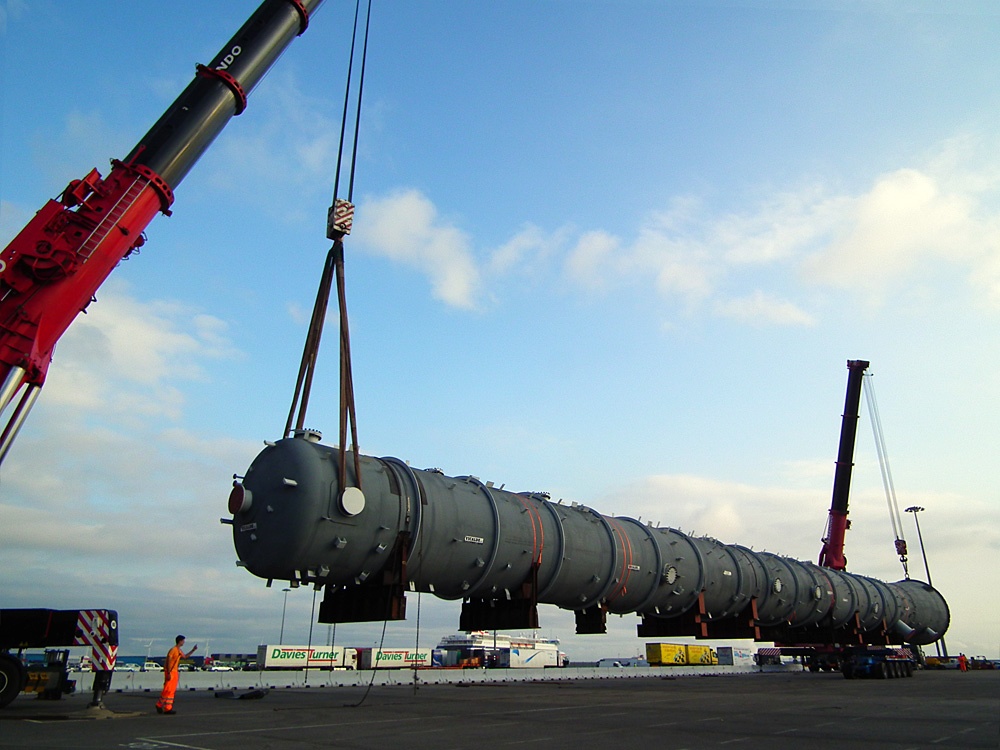Why Should You Pay Attention To Project Cargo?


There are a wide variety of cargoes, and majority of them fall within the definition of project cargo, from traditional break-bulk type cargoes to large single items such as cranes or oil and gas modules.
For insurance purposes, cargo insurers stipulate certain condition, such as if the cargo to be carried has critical items, then certain procedures will have to be followed under the warranty. Critical items often fall under two broad headings: –
- Critical due to high cost and difficulty of replacement
- Require unusual provisions for safe loading, stowage, lashing and discharge
Cargoes that fall under the ‘critical items’ category include but are not limited to: –
- Oil & Gas equipment for onshore and offshore infrastructure
- Refinery and Petrochemical plant equipment
- Renewables equipment for onshore and offshore infrastructure
- Modules and pre-assembled units
- Port handling equipment
- Port construction
- Floating cargo
- Rolling stock
- Heavy machinery
- Power plants and power generation equipment
Why are there so much attention paid to ‘critical items’?
The costs involved in project cargo damages or loss can be heavy, often incurring large amount of losses. To deal with difficult times, organisations are cutting shipping cost as much as they can, such as unsuitable vessels for cargo, personnel that did not go through special training. Damage to project cargo can cost up to a few millions of dollars, extensive delays and prolong litigation.
Henceforth, it is the master’s responsibility to ensure that that all aspects of the cargo is in place and accordance with the requirements of the charter-party. Charter party dictate specific responsibilities of the vessel owner, charterer and shipper, such as stowage, lashing and securing of the cargo. It is essential that all relevant personnel are aware of the requirements and respective responsibilities.
Click here for more information on the roles and responsibilities of Loading Master.
Below are a few examples of regulations by charter parties that are applicable and should be adhered to: –
- Flag state and classification society rules
This is mandatory and includes the mandatory application of SOLAS. They also set out requirements for maintenance of the vessel including equipment required for the loading, stowage and securing of project cargoes. This is applicable to lifting gear and operations.
- Intact stability regulation
This is requirement that sets out the minimum stability standards for all applicable vessels
- CTU packing guidelines
This provides guidance and measures for ensuring safe packing of cargo in containers and other cargo transport units.
Loading Master Certificate is a certified course where participants will be equipped with the knowledge of the hazards of petroleum products they are handling, the equipment involved, as well as emergency situations that may arise. Terminal management ought to provide a healthy and safe working environment and ensure that all operations are conducted with the least impact on environment possible, while adhering to the various regulatory systems that are in place. For more information, please visit us at http://www.opuskinetic.com/training or contact us at info@opuskinetic.com.
Opus Kinetic believes that people are why organisations are successful, and giving people the knowledge to perform well at their job is integral for success. We pride ourselves as the premier provider of knowledge, offering acclaimed in-house training, leadership training courses, oil and gas training courses, courses that target health safety and environment, etc. Our training courses are well researched and updated with the latest industry trends. For more information on our professional training programs, you can visit us at http://www.opuskinetic.com/training.
